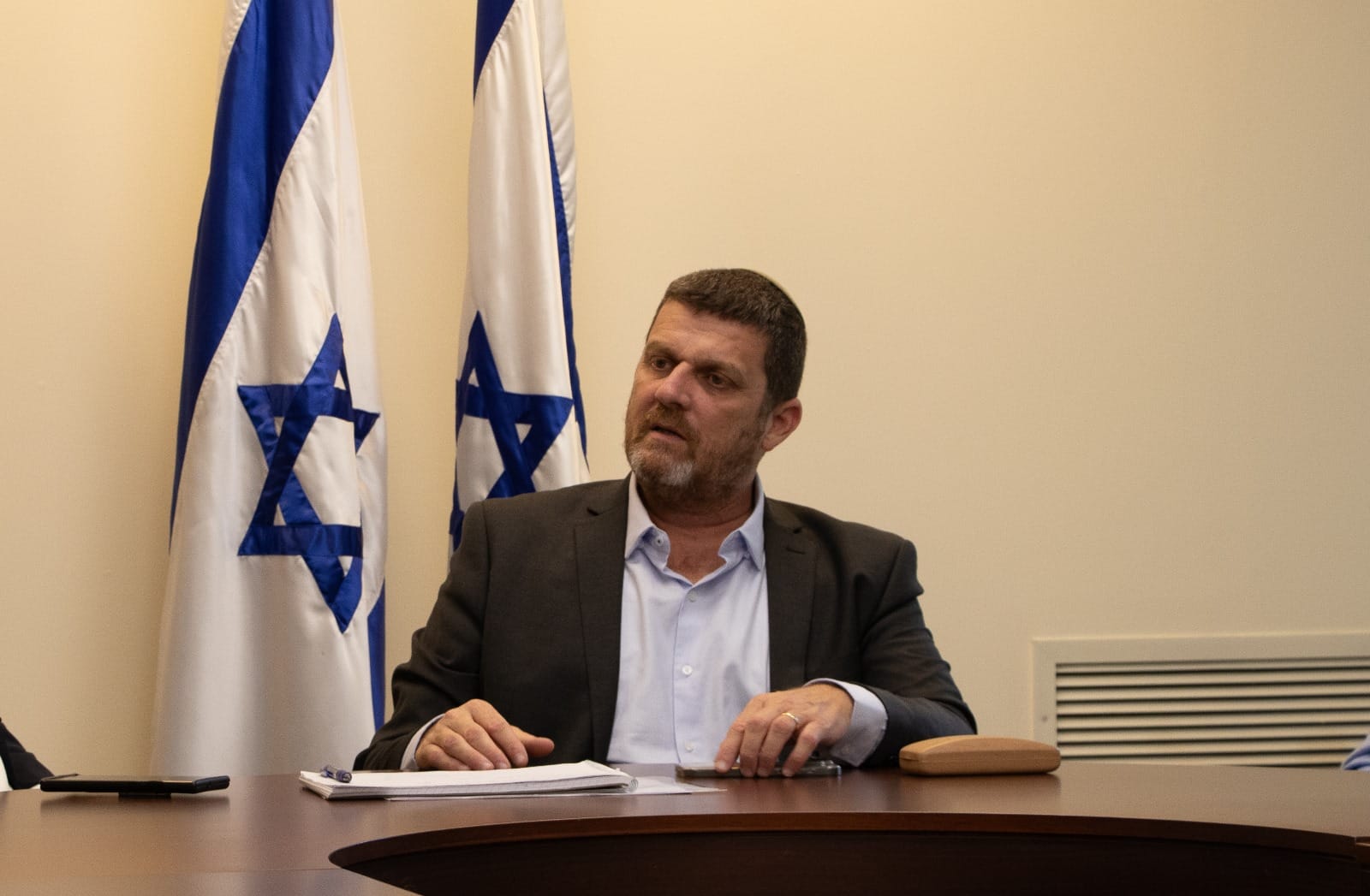
A significant legislative session was held in the Knesset on September 24, following an expert meeting of the “Haifa Format” project in Petah Tikva. The session, centered on the parliamentary lobby’s efforts to legalize district councils in Israeli cities, was spearheaded by Likud party member Amitai-A-Levi.
Key Discussion Points
The session addressed several crucial issues:
- Social divisions in Israel, including findings from a recent survey on Israeli attitudes toward the 2024 U.S. presidential election
- The role of “Derech Eretz” movement in promoting district councils legalization
- Lobby operational framework, including co-directors, regional experts, and pilot projects in Haifa, Petah Tikva, and Rishon LeZion
- Regional activist engagement in pilot projects
- Plans for a district councils legalization conference in Tel Aviv
- International cooperation with municipal and regional government associations
The discussions brought together Derech Eretz activists, Dor Moriah experts, and Knesset member Amitai-A-Levi from the Likud party.
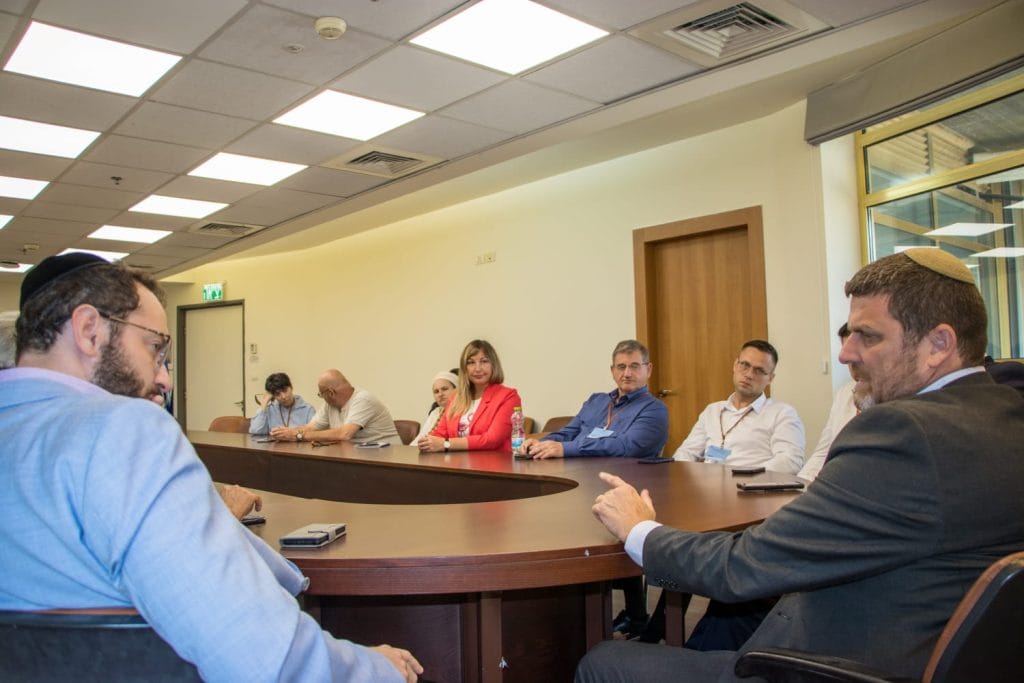
New Social Division Revealed
A joint survey by Dor Moriah NGO and Geocartographia Research Institute highlighted another divide in Israeli society, adding to traditional splits such as secular-religious tensions, two-state solution versus annexation debates, and military service issues.
Grassroots Solutions
The Derech Eretz movement was established to address these social divisions by focusing on practical community improvement rather than ideological debates. The movement emphasizes local neighborhood development where residents can directly impact their living environment.
Strategic Framework
This initiative builds on Dor Moriah’s foundational 4-S model of bottom-up state development (Solidarity, Self-organization, Self-governance, and Subsidiarity). The NGO’s long-standing advocacy for district councils represents a practical application of this theoretical framework.
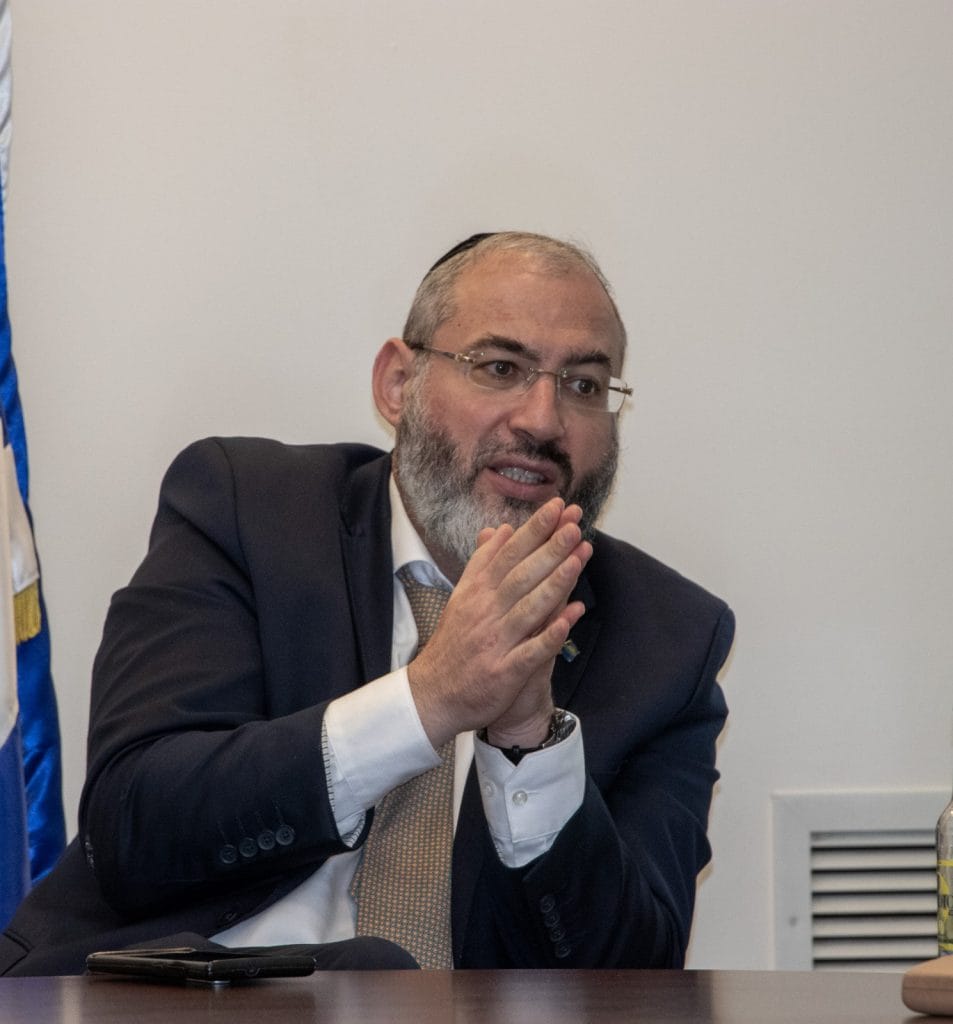
Implementation Strategy
The initiative extends beyond Knesset corridors through pilot projects in selected cities. The implementation plan includes:
- Identifying active community leaders in existing de facto district councils
- Assessing neighborhood priorities using Dor Moriah’s methodology
- Organizing solution-focused competitions to develop actionable proposals
- Advocating for project funding through city council budget negotiations
Inclusive Approach
The legislative initiative emphasizes incorporating diverse perspectives from various social and ethno-religious communities. Stakeholder engagement spans from grassroots activists to mayors, ministers, and party leaders.
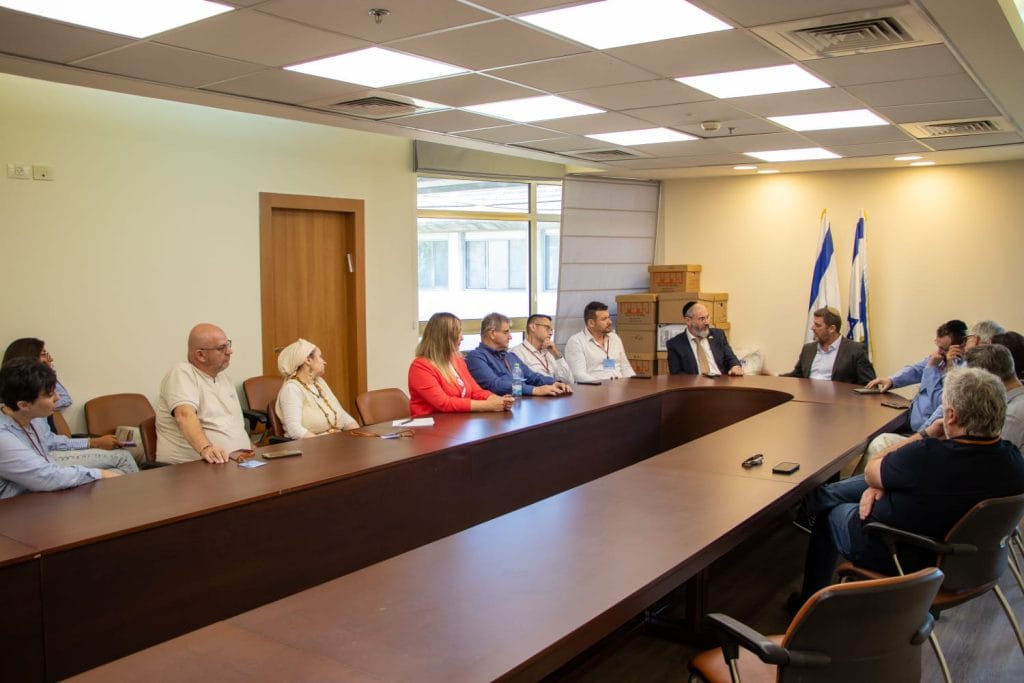
Conclusion: Path to Success
Key Success Factors
- Systematic Approach
- Well-developed 4-S theoretical framework
- Practical implementation through pilot projects
- Multi-level decision-making engagement
- Broad-Based Support
- Active community participation
- Parliamentary backing
- International partnerships
- Result-Oriented Strategy
- Clear implementation mechanisms
- Defined success metrics
- Structured pilot program roadmap
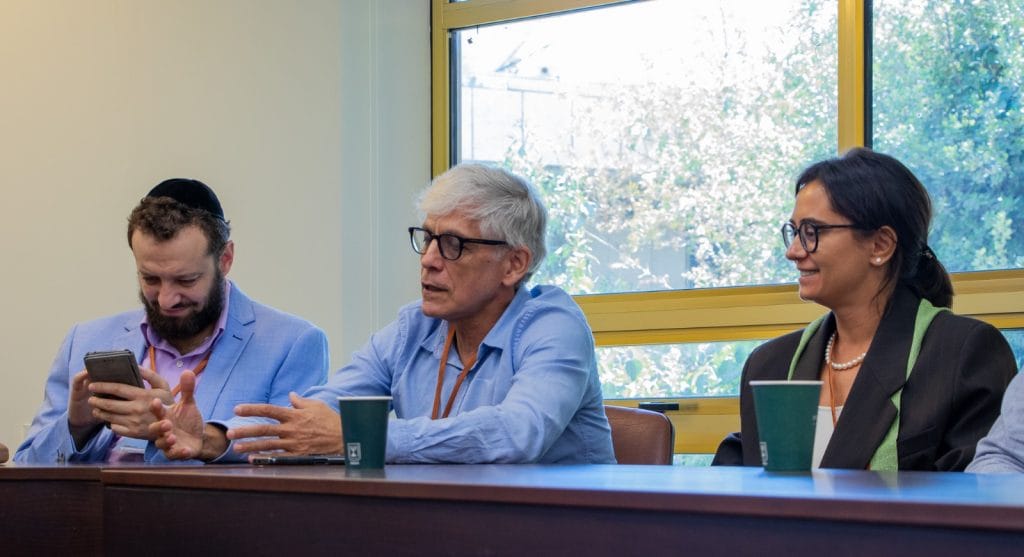
Civil Society Impact
The legalization of district councils represents a significant advancement in Israeli democratic development, providing citizens with direct participation in urban governance. This initiative is particularly vital given existing social divisions, as it:
- Creates local-level dialogue platforms
- Prioritizes practical community improvements
- Bridges ideological differences through collaborative action
Expected Outcomes
The initiative aims to achieve:
- Enhanced community influence in decision-making
- Improved municipal governance efficiency
- Strengthened civic engagement culture
- Robust local democratic institutions
Long-term Vision
Successfully implementing district councils will establish a precedent for effective civil society-government collaboration, potentially serving as a model for addressing other social challenges. This development will further strengthen Israel’s position as a democracy with sophisticated civic participation mechanisms.
This comprehensive approach to legalizing district councils, supported by diverse stakeholders and based on sound methodology, shows promising potential. It offers city residents a powerful self-organization tool for meaningful participation in municipal decision-making, particularly crucial given current social divisions and the need to reinforce democratic institutions.
Note: “Derech Eretz” is a Hebrew term embodying ethical conduct and proper behavior in accordance with traditional values.
